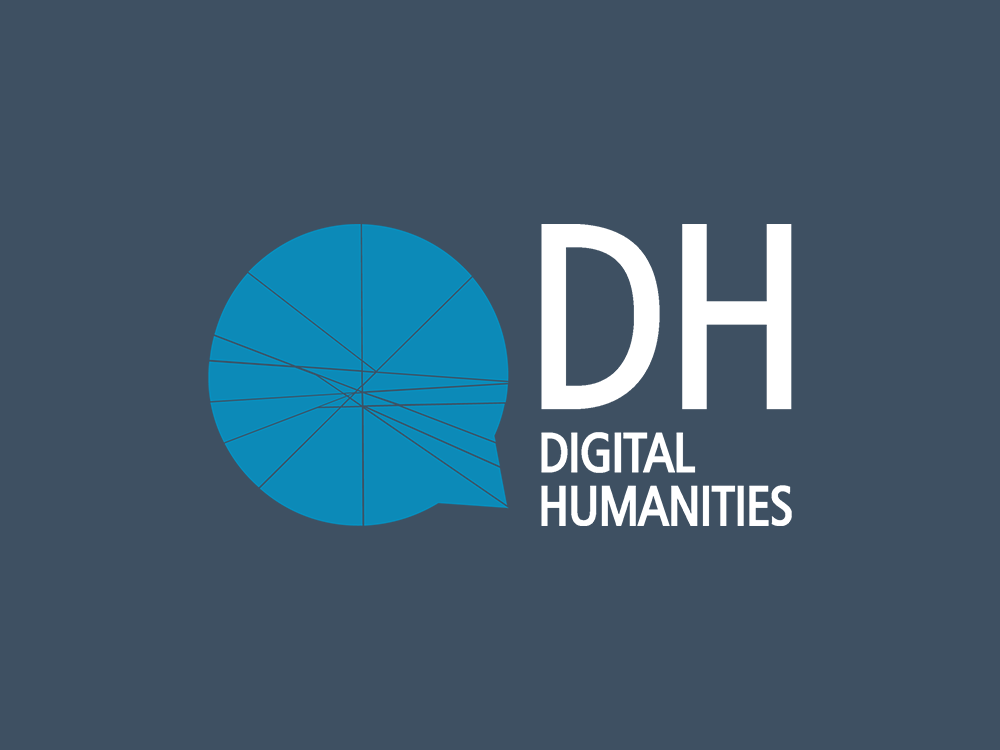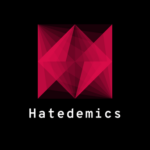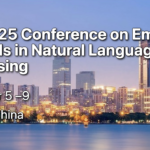Speaker: Cristina Locatelli, University of Exeter
Title: Art Maps: Places of Art through Digital
Abstract:
Art Maps was a collaborative, interdisciplinary project between Tate, London and researchers from the Universities of Nottingham and Exeter, UK that ran from 2012 to 2014. The project aimed at developing a digital application that could offer both visitors and non-museum goers an alternative way to encounter Tate artworks, and that investigated the many ways people relate artworks to places, sites, landscapes and environments. Art Maps is an application that allows users to explore the Tate collection and archive on a digital map where all its 85.000 items have been more or less precisely geotagged. This allows audiences to experience the environment they are in through its artistic representation or connection. If they disagree with the location an artwork has been linked to, they can suggest a different one and add personal comments to explain their choice or simply contribute their personal experience of the place or the artwork.
Biography:
After completing her degree in Conservazione dei Beni Culturali in Parma, Cristina Locatelli specialised in Cultural and Natural Heritage Education at the University of Girona and Catedra UNESCO (Catalunya), while starting her professional career as Educator at the three Dalinian Museums (Figueres, Púbol e Port-Lligat) and at the Cinema Museum of Girona. In the UK, Cristina worked from 2008 to 2013 at the two Tate sites in London (Britain and Modern). In particular, between 2009 and 2011 as part of the Interpretation team she worked on copywriting, editing e production of interpretive materials (i.e.. guides, text panels, labels, audio and multimedia guides) and on Access activities at Tate Britain, also training as Touch Tour Guide. Working with the Early Years and Families team from 2011 to 2013, Cristina organised and produced artist workshops for specific groups of interest through the Big & Small Project (refugees and asylum seekers, foster families etc.) and for the general public. In both her roles, Cristina developed and produced resources (from paper-based to digital) to facilitate children, young people, families and visitors with physical or learning difficulties as they autonomously explored the Tate Galleries, for example providing Touch Tours materials for blind and partially sighted people, multimedia guides for deaf or hard of hearing people, and orientation materials for dyslexic students. Cristina is currently working towards a Collaborative PhD in Digital Humanities with the University of Exeter and Tate.
Location:
Via Sommarive 18, Room 211

Website:





